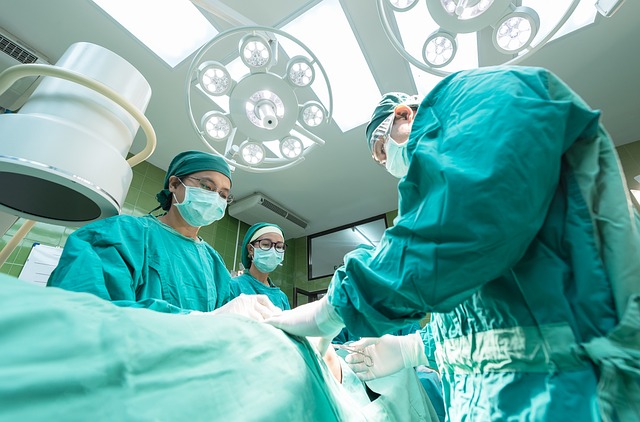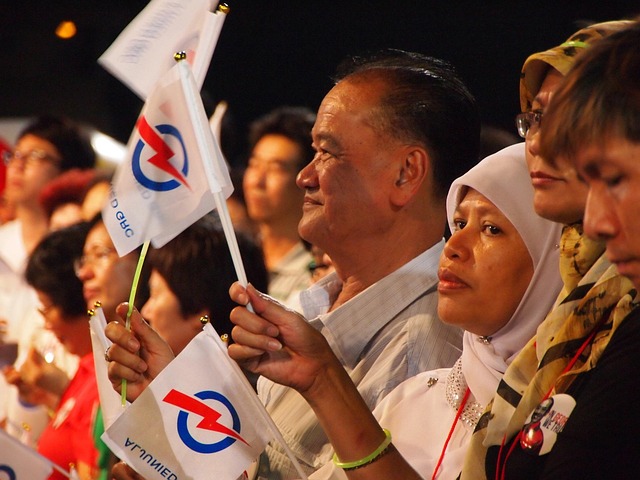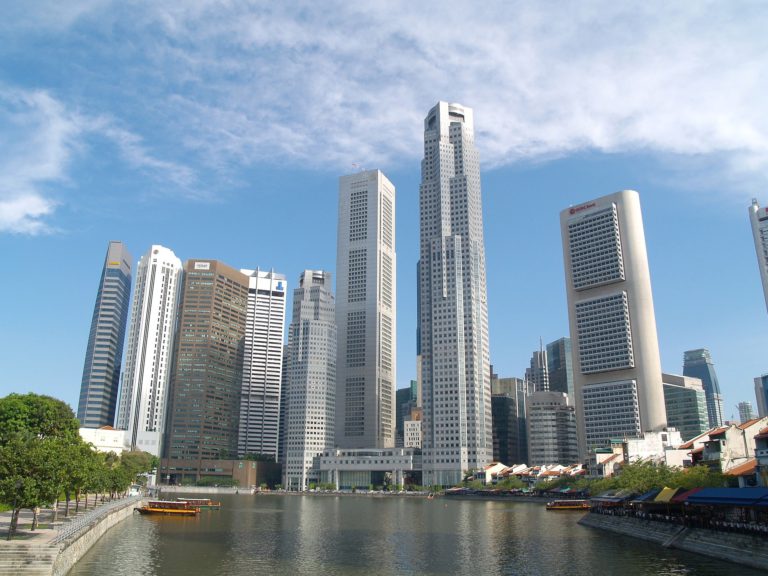The Biotechnology and Healthcare industry in Singapore is experiencing significant growth and development, positioning the country as a key player in the global biotech landscape.
Singapore has strategically positioned itself as a regional biomedical hub, with a strong focus on research, innovation, and industry collaboration. Recently, the National University of Singapore’s Mechanobiology Institute has received funding of S$49 million to develop biomedical innovations for age-related diseases. This investment enhances Singapore’s position as a leading regional hub for research and innovation in biomedicine. The presence of multinational companies, research hubs, supportive government policies, and a skilled workforce all contribute to making Singapore a prominent player in the global biomedical industry.
Singapore’s biomedical ecosystem comprises pharmaceuticals, medical technology, biotechnology, and healthcare services.
Pharmaceuticals
- Singapore hosts major pharmaceutical companies like GlaxoSmithKline (GSK), Novartis, and Pfizer, which have established manufacturing facilities and regional headquarters in the country.
- The pharmaceutical sector in Singapore focuses on research, development, and manufacturing of drugs and pharmaceutical products. For instance, GSK operates a large-scale manufacturing facility on Jurong Island.
- Unlike other countries globally, Singapore managed to attract biotech companies to set up manufacturing facilities during the peak of the recent Covid-19 pandemic. This is a testament to the Singapore government’s goal of an attractive business landscape and specifically reaching its goal to be a biomedical hub in the region.
Medical Technology
- Singapore is a hub for medical technology (medtech) innovation, with numerous companies engaged in the development of advanced medical devices and equipment.
- Examples include medical imaging systems, which have a significant presence in Singapore due to its strong biomedical research and development ecosystem.
Biotechnology
- Singapore is actively promoting biotechnology through initiatives like Biopolis, a world-class biomedical research hub that houses over 50 public and private research institutes, biotech companies, and academic institutions.
- Companies like Vertex Pharmaceuticals and Tessa Therapeutics have established their research and development centres in Singapore, focusing on areas such as oncology and immunotherapy.
Healthcare Services
- Ranked as one of the top healthcare systems in the world, Singapore is renowned for its high-quality healthcare services, supported by a strong network of private and public hospitals, clinics, and research centres.
- The country’s healthcare system is characterised by advanced medical infrastructure and expertise, attracting medical tourists seeking specialised treatments like cardiology, oncology, and neurology. Non-resident foreigners who would like to access Singapore’s medical services, whatsapp Immigration@SG at +65 8766 1966 or email to info@iasg.com.sg.
Government Support and Infrastructure
- The Singapore government actively supports the biomedical sector through initiatives like the Biomedical Sciences Industry Development Fund, which provides funding for research and development, as well as infrastructure development.
- The presence of research institutions such as the Agency for Science, Technology and Research (A*STAR) and collaborations with universities like the National University of Singapore (NUS) contribute to Singapore’s biomedical research capabilities.
Growth Prospects
The Singaporean government has implemented several strategies to foster growth in its biotechnology and healthcare industries such as:
- Investment in Research and Development (R&D): As illustrated above, Singapore invests significantly in R&D through agencies like the Agency for Science, Technology and Research (A*STAR) and collaborations with universities and private sectors. This supports innovation and the development of new technologies.
- Infrastructure Development: The government has established biomedical hubs which provide state-of-the-art facilities and infrastructure for research, development, and commercialization in biotechnology and healthcare.
- Incentives and Funding: Various incentives, grants, and funding schemes are available to encourage companies to establish and expand their operations in Singapore. These include tax incentives, R&D grants, and support for clinical trials.
- Public-Private Partnerships (PPPs): Collaborations between the government, research institutions, and private companies are actively promoted. These partnerships facilitate knowledge exchange, co-development of technologies, and commercialisation efforts.
- Talent Development: Singapore focuses on nurturing a skilled workforce in biotechnology and healthcare through education and training programs. This includes initiatives to attract and retain talent from around the world.
- Regulatory Support: The government provides a conducive regulatory environment that supports innovation while ensuring safety and quality standards are met. Agencies like the Health Sciences Authority (HSA) oversee regulatory matters in healthcare and biotechnology.
- International Collaboration: Singapore actively engages in international collaborations and partnerships to leverage global expertise, access new markets, and enhance competitiveness in the biotechnology and healthcare sectors.
Immigration for Foreign Talent
Singapore actively attracts foreign talent to bolster its biomedical workforce and drive innovation. The country offers various immigration schemes and work passes to skilled professionals, researchers, and entrepreneurs in the biomedical field.
- Employment Pass (EP): Skilled professionals with job offers from Singapore-based companies can apply for an EP, which allows them to work and live in Singapore.
- Entrepreneur Pass (EntrePass): Foreign entrepreneurs looking to start a biomedical-related business in Singapore can apply for an EntrePass, which provides them with residency and eligibility to operate their startup.
- Research Talent Programs: Singapore’s research institutions and universities offer programs to attract top international researchers and scientists. These include tenure-track positions, postdoctoral fellowships, and visiting professorships.
For enquiries on EP and EntrePass, whatsapp Immigration@SG at +65 8766 1966 or email to info@iasg.com.sg.
Opportunities for Businesses
Businesses operating in the Biotechnology and Healthcare industry can leverage Singapore’s ecosystem to access funding, talent, and market opportunities:
- Research & Development Collaboration: Companies can collaborate with Singapore’s research institutions and academia to access cutting-edge research facilities and expertise.
- Manufacturing and Logistics: Singapore offers a robust infrastructure for pharmaceutical manufacturing, logistics, and distribution, making it an ideal location for companies looking to expand their manufacturing footprint in Asia.
- Market Access: Singapore provides access to regional and global markets through its network of free trade agreements and strategic partnerships. Companies can use Singapore as a launchpad to expand into Asia-Pacific markets.
Significance of Biotechnology and Healthcare Industry in Singapore
The Biotechnology and Healthcare industry in Singapore is experiencing rapid growth and offers abundant opportunities for innovation, collaboration, and business expansion. With strong government support, a vibrant ecosystem, and a skilled workforce, Singapore is well-positioned to maintain its status as a leading biomedical hub in the region.







